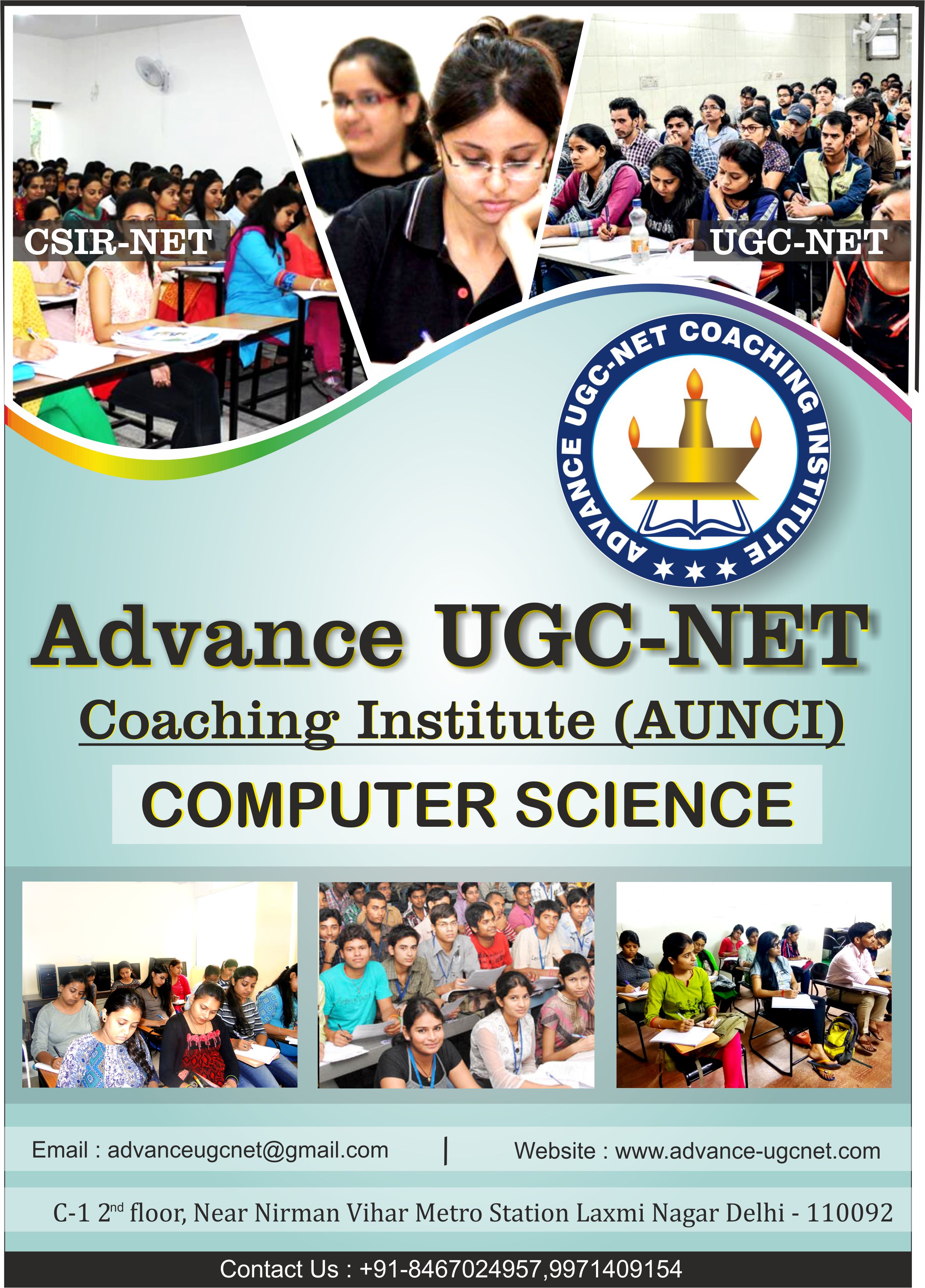ADVANCE UGC-NET Computer science

Greetings UGC NET Aspirants! 😊
Question paper Ist and IInd Pattern
Paper I contains 50 questions 2 marks total 100 Marks . All questions are objective type questions (MCQs, True/False, Assertion-Reasoning). All questions are compulsory. No negative marking. Paper IInd contains 100 questions 2 marks total 200 Marks . All questions are objective type questions (MCQs, True/False, Assertion-Reasoning). All questions are compulsory. No negative marking.Time Duration of exam:
paper I : 60 Minutes ; paper IInd : 120 Minutes ;The UGC NET Computer Science syllabus covers a wide range of topics related to computer science and its applications. It includes areas such as mathematical logic, computer architecture and organization, programming in C and C++, data structures and algorithms, theory of computation, compiler design, operating systems, databases and SQL, computer networks, and software engineering.
As Paper 2 comprises 100 questions and each question is carry 2 marks, the total marks allotted for the exam is 200. Review the latest UGC NET Syllabus for Computer Science highlighted in the following section.
| UGC NET Computer Science Syllabus | |
| Unit 1: Discrete Structures and Optimization | Unit 2: Computer System Architecture |
|
|
| Unit 3: Programming Languages and Computer Graphics | Unit 4: Database Management Systems |
|
|
| Unit 5: System Software and Operating System | Unit 6: Software Engineering |
|
|
| Unit 7: Data Structures and Algorithms | Unit 8: Theory of Computation and Compilers |
|
|
| Unit 9: Data Communication and Computer Networks | Unit 10: Artificial Intelligence (AI) |
|
|

